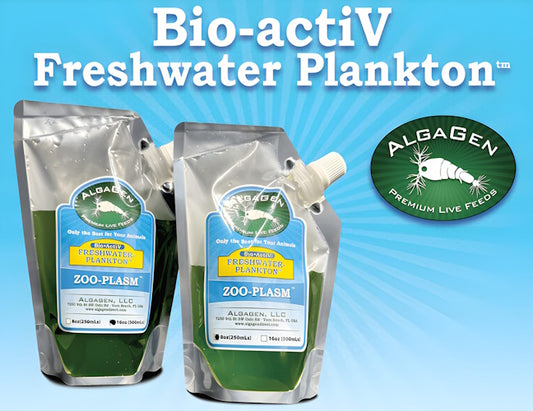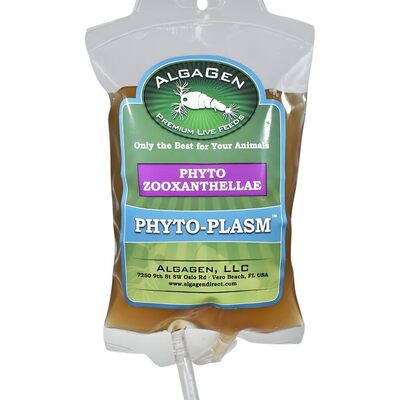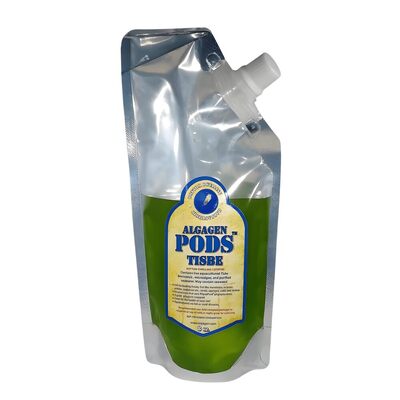Understanding their nutritional requirements is crucial for maintaining their health and vibrancy when caring for tropical marine fish. The dietary needs of these fish are complex and vary significantly from species to species. However, a balanced diet tailored to their unique environment is the cornerstone to ensuring their longevity and vitality. This article explores the essential nutritional requirements of tropical marine fish, incorporating insights into natural food sources and practical feeding tips.
Variety is the Spice of Life
In the wild, tropical marine fish have access to diverse food sources. From tiny microcrustaceans to larger prey like copepods and phytoplankton, these fish thrive on a varied nutrient-rich diet. To replicate this natural diet in captivity, providing a mix of live feeds, frozen foods, and specially formulated pellets or flakes is essential. Live feeds, in particular, offer high nutritional value and encourage natural hunting behaviors, which is crucial for the mental and physical health of the fish.
The Role of Micronutrients and Enzymes
The health of tropical marine fish is profoundly influenced by micronutrients such as vitamins and minerals, which they typically derive from their diverse diet in the wild. Ensuring that these micronutrients are present in their diet can sometimes be challenging in aquarium settings. Supplements can be added to their foods to compensate for any nutritional gaps. Enzymes are also vital as they aid digestion and absorption of nutrients. Fish in captivity often benefit from enhanced diets where prebiotics and probiotic cultures are incorporated to improve gut health and nutrient uptake.
Importance of Fats and Proteins
Fats are a critical component of the diet for tropical marine fish, providing energy and helping with the absorption of vitamins. Omega-3 and omega-6 fatty acids found abundantly in marine sources, are particularly beneficial as they aid in developing healthy cells and contribute to a robust immune system. Similarly, proteins are essential for growth and repair and should be derived from high-quality sources to prevent the introduction of diseases from raw seafood.
Calcium and Other Minerals
Calcium, alongside other minerals like magnesium and potassium, plays a crucial role in marine fish's bone health and overall physiological functions. The right balance of these minerals supports nerve function and muscle contraction, which are vital for swimming. In environments like coral reefs, where many tropical fish originate, the natural water chemistry helps provide these minerals. However, in-home aquarium setups, monitoring, and adjusting water parameters to maintain optimal levels are often necessary.
Addressing the Needs of Herbivorous Species
While many tropical marine fish are omnivores or carnivores, several herbivorous species require diets rich in plant material. Algae, seaweed, and spirulina are excellent sources of essential nutrients for these fish. These plant-based feeds fulfill their nutritional requirement and help mimic their natural grazing habits, which is necessary for their digestion and health.
Nutritional Strategies for Health and Coloration
Apart from health, the diet of tropical marine fish also significantly affects their coloration. Carotenoids, for instance, are pigments found in various natural food sources that fish cannot synthesize independently. Providing a diet that includes natural color enhancers can help maintain the bright and vibrant colors for which these fish are known.
Conclusion
The nutritional requirements of tropical marine fish are intricate and require careful consideration and planning. A diet that closely mimics their natural food sources, supplemented with necessary vitamins and minerals, ensures these exquisite creatures thrive in aquariums. Understanding and implementing these dietary needs contributes to their health and enhances their natural behavior and coloration, making the aquatic hobby both rewarding and visually spectacular.
0 Comments





Recent post